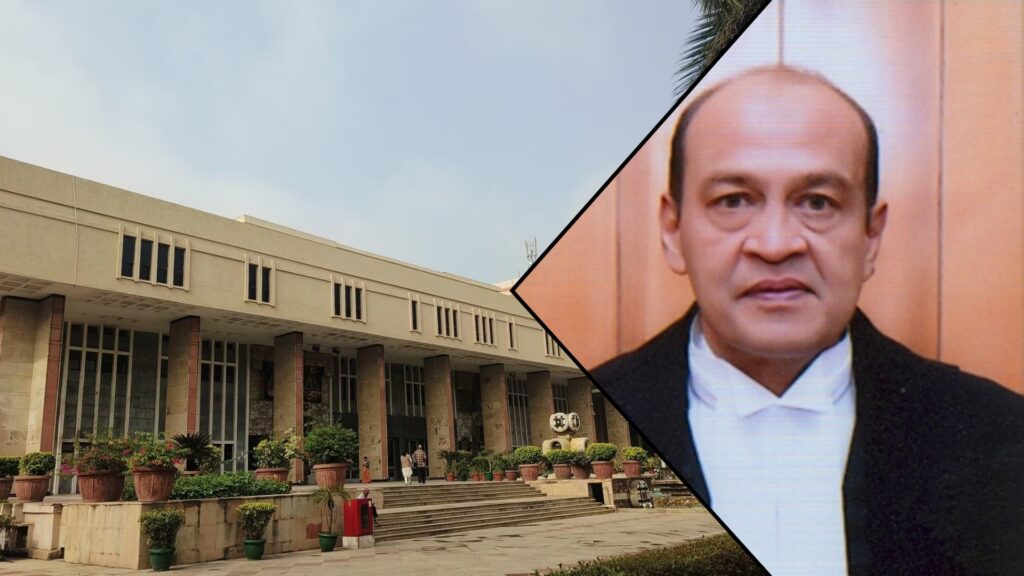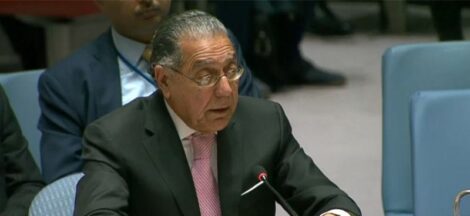The Delhi High Court has mandated that 52 cases, previously assigned to the Division Bench of Justices Yashwant Varma and Harish Vaidyanathan Shankar, be heard afresh. These cases, where no formal orders had been passed previously, will now be addressed by the newly constituted roster bench.
The decision to reassign the cases has stirred considerable attention, as it affects a wide array of legal matters that have been pending for some time. These cases, originally handled by Justices Varma and Shankar, were left without final orders, and the new ruling is set to ensure that they receive a fresh examination. The move signifies a shift in the handling of these matters and could lead to delays, but it also reflects the court’s commitment to ensuring fair and thorough proceedings.
The change in roster comes amid ongoing efforts within the Delhi High Court to streamline its case management process. While the court has not specified the reasons behind the reallocation, legal experts suggest that the decision could be a result of internal administrative restructuring or other procedural requirements aimed at enhancing efficiency. Legal practitioners and petitioners involved in these cases now face the prospect of additional wait times as the matters are reassigned to the new bench.
For many of the affected litigants, this development raises concerns about further delays in the resolution of their cases. However, it also presents an opportunity for the fresh bench to bring new perspectives and insights to the matters at hand. The change in the roster bench may influence the outcomes of these cases, depending on the approach and interpretations adopted by the new justices.
The Delhi High Court, known for its significant role in adjudicating complex legal matters, regularly updates its bench assignments to ensure that cases are dealt with efficiently and impartially. The re-hearing of cases under a new bench is not uncommon in the judicial system, particularly when there are shifts in personnel or when procedural concerns arise.
It is expected that the newly appointed bench will prioritise expediting the hearing of these cases to avoid further delays in the judicial process. The court’s decision to start the hearings from the beginning signals a fresh start, potentially revisiting arguments and evidence that had been previously considered or left unresolved.




 RBI Eases Liquidity Coverage Ratio (LCR) Guidelines For Digital Deposits
RBI Eases Liquidity Coverage Ratio (LCR) Guidelines For Digital Deposits 